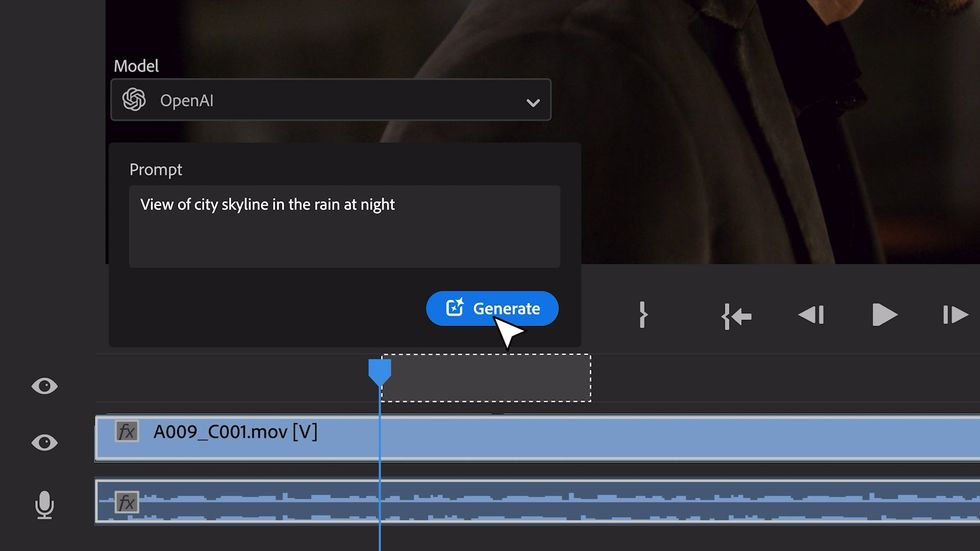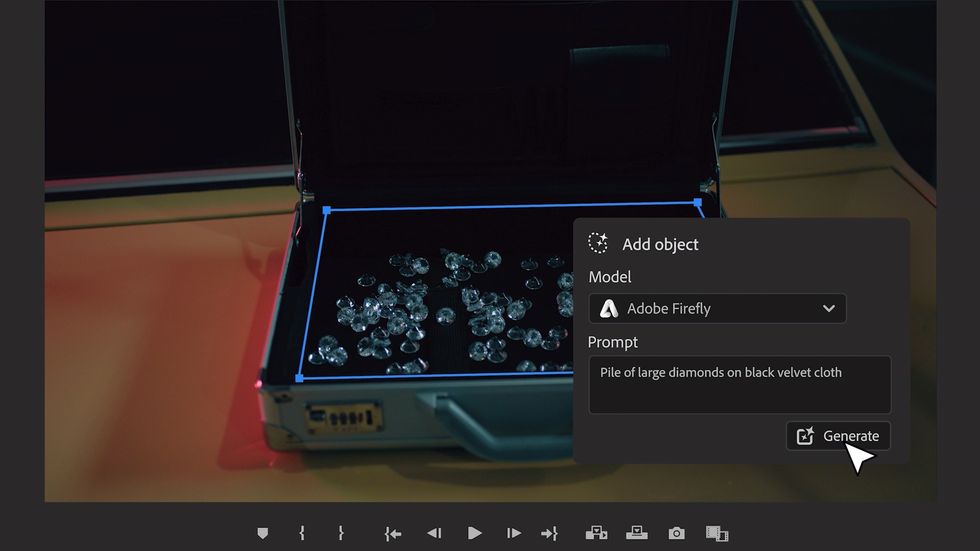Joss Whedon in a Commencement Speech to Wesleyan University Grads: 'You Are All Going to Die'

I'm so glad /Film posted about Whedon's speech, because being a student myself, whose impending graduation looms over her like the sword of Damocles, I found Whedon's seemingly sardonic words of wisdom quite inspiring. Really, you can expect nothing less from the guy who cowrote Cabin in the Woods and has a penchant for killing off his most beloved characters. So, how does "you're all going to die" turn into an uplifting sendoff? Well, Whedon, who graduated from Wesleyan University in '87 (also Philip Abraham '82, Michael Bay '86, Shari Springer Berman '85) breaks it down like this:
And the weird thing is your body wants to die. On a cellular level, that’s what it wants. And that’s probably not what you want. I’m confronted by a great deal of grand and worthy ambition from this student body. You want to be a politician, a social worker. You want to be an artist. Your body’s ambition: Mulch. Your body wants to make some babies and then go in the ground and fertilize things. That’s it. And that seems like a bit of a contradiction. It doesn’t seem fair. For one thing, we’re telling you, “Go out into the world!” exactly when your body is saying, “Hey, let’s bring it down a notch. Let’s take it down.”
Check out his commencement speech below. You can also find the transcript here.
So, life is all about accepting contradictions. It really is an important lesson to learn, especially at a time when I'm sure most graduates are feeling anxiously existential as well as excited (I know I am.) Whedon does his audience a great service by not beating them over the head with sappy promises of success and weary platitudes, instead offering great insight into the power of our minds and the staunchness of our dissent.
This is especially pertinent for filmmaking and screenwriting, because many times conflicts take the form of contradictions. What is a story if not a series of conflicts? What is a character if not a conflicted being? What is a 20-hour shoot with a tired and hungry cast and crew if not an atom bomb of conflict? The beauty of these things is in the balance -- the duality that the conflict represents and the active acknowledgement of it. Wheton says:
To accept duality is to earn identity. You have, which is a rare thing, that ability and the responsibility to listen to the dissent in yourself, to at least give it the floor, because it is the key—not only to consciousness-but to real growth. To accept duality is to earn identity. And identity is something that you are constantly earning. It is not just who you are. It is a process that you must be active in. It’s not just parroting your parents or the thoughts of your learned teachers. It is now more than ever about understanding yourself so you can become yourself.
I'm currently writing a feature screenplay for a screenwriting class, and for 8 weeks all I did was write in a composition book about how the story just doesn't make sense -- how my protagonist just doesn't make sense. It wasn't until I was willing to let her own her own contradictions that I had the breakthrough I needed to finish the first act. Film, filmmaking, character, story: none of these things are about acquiescence of the tension. It's about holding it, carrying it -- owning it.
So, as we prepare for graduation, that rewrite, that shot, that edit, that pitch, let's keep this in mind. There is contradiction everywhere: in story, in film, in humankind. Accepting the dichotomy makes for something more dimensional, complicated, and interesting in a pigeonholing world, whether that be the real world or the fictional one you create. And graduates of college/high school/life can all take a page from Whedon's book. He ends his speech with:
The one thing that I wish I’d known and want to say is, don’t just be yourself. Be all of yourselves. Don’t just live. Be that other thing connected to death. Be life. Live all of your life. Understand it, see it, appreciate it. And have fun.”
What do you think about Joss Whedon's commencement speech? What words of wisdom did you hear when you graduated that changed your approach to filmmaking, screenwriting, life? Who was your commencement speaker? (Please say Bill Cosby.)
Links:
 To accept duality is to earn identity. You have, which is a rare thing, that ability and the responsibility to listen to the dissent in yourself, to at least give it the floor, because it is the key—not only to consciousness-but to real growth. To accept duality is to earn identity. And identity is something that you are constantly earning. It is not just who you are. It is a process that you must be active in. It’s not just parroting your parents or the thoughts of your learned teachers. It is now more than ever about understanding yourself so you can become yourself.
To accept duality is to earn identity. You have, which is a rare thing, that ability and the responsibility to listen to the dissent in yourself, to at least give it the floor, because it is the key—not only to consciousness-but to real growth. To accept duality is to earn identity. And identity is something that you are constantly earning. It is not just who you are. It is a process that you must be active in. It’s not just parroting your parents or the thoughts of your learned teachers. It is now more than ever about understanding yourself so you can become yourself.













